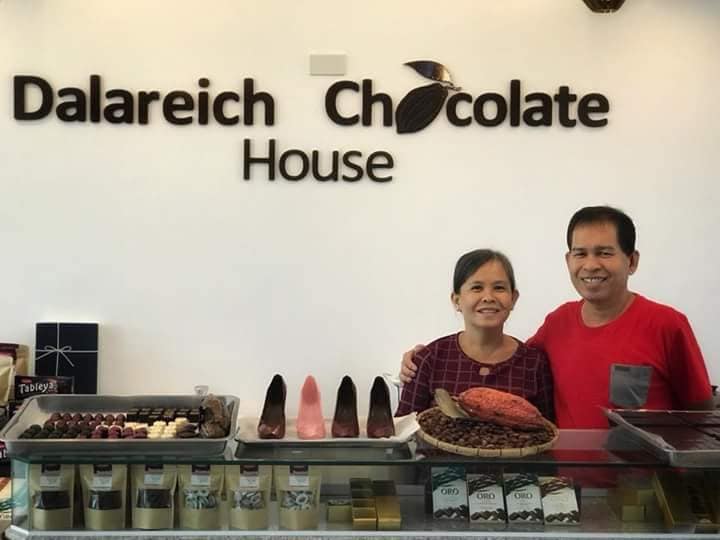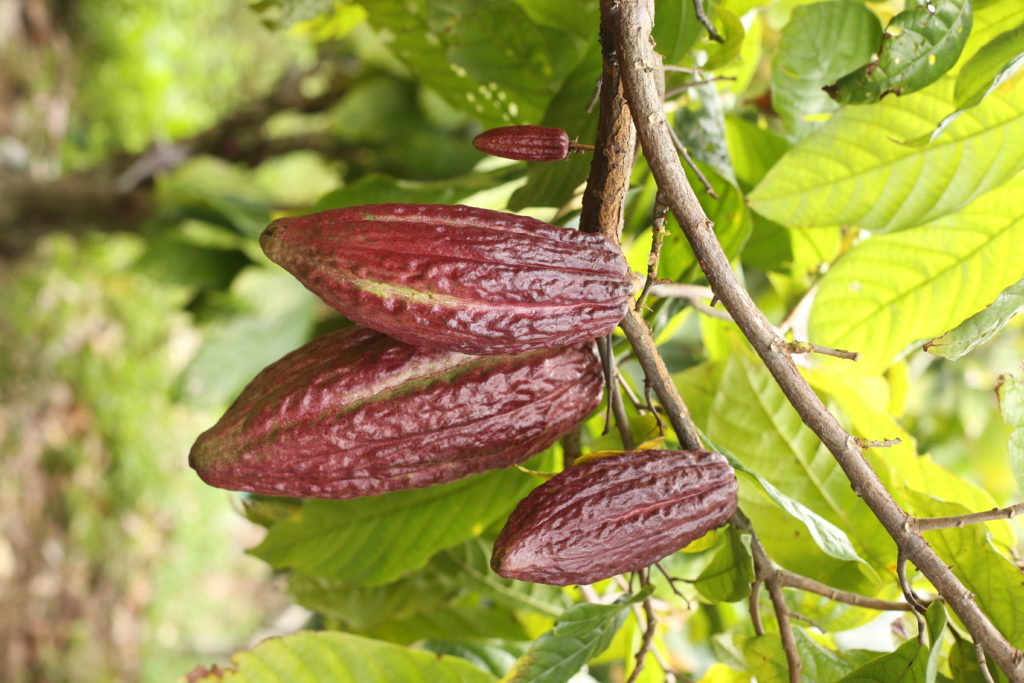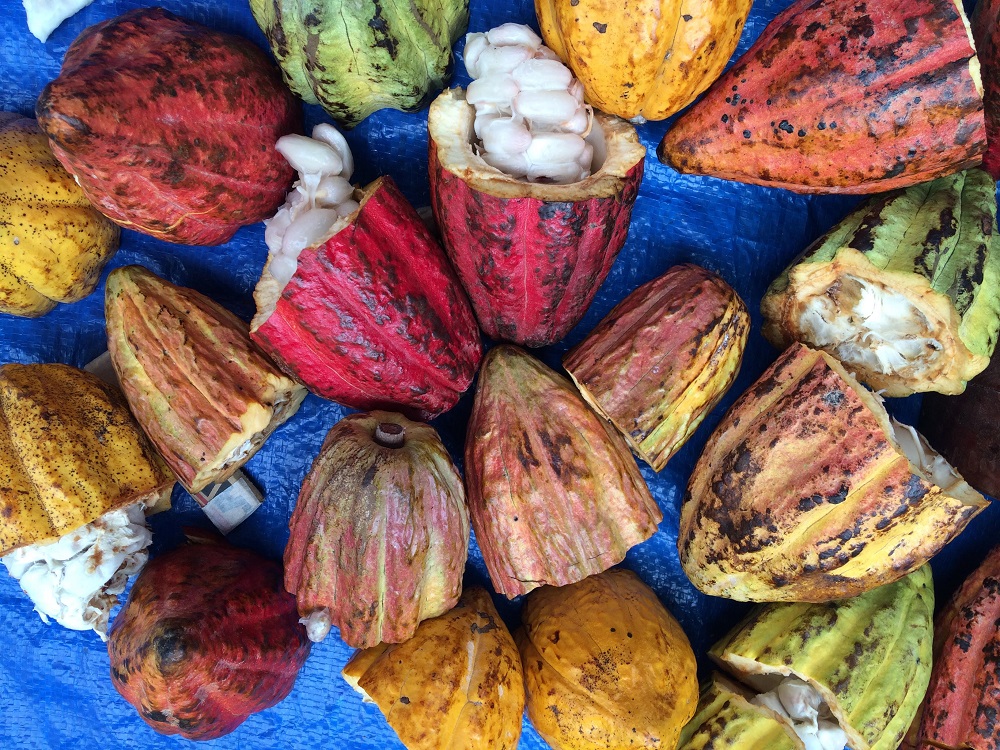You can never go wrong with chocolate. Any brand is sure to satisfy your sweet tooth, but there’s something about local produce that tastes true. The Philippine chocolate industry has gained ground in recent years and it looks like its momentum can’t be stopped.
Just earlier this month, Dalareich Food Products and Auro Chocolate snagged gold awards in the prestigious international London-based Academy of Chocolate Awards 2019, marking the first time the country received a gold award since the competition began in 2015.
Dalareich and Auro won a gold each in the Plain, for Milk-Based Drinks category. Auro also bagged two silvers and seven bronze awards in six other categories. Local brands Malagos Agri-Ventures Corp, MS3 Agri-Ventures, and Theo and Philo Artisan Chocolates also bagged awards, going home with bronze and silver awards under various categories.
Over 1,000 entries from 50 countries participated in the competition, which was judged over a three-month period by the London-based Academy of Chocolate based on appearance, aroma, flavor, length, and complexity.
These recognitions have accomplished much more than just bringing pride to the country. They have also elevated the local chocolate industry, recognizing the communities and farmers that play a large role in determining the world-class quality of local tableya.

Putting Bohol on the map
When it comes to local chocolate, Davao is usually the main region associated with growing cacao. This is hardly unearned as the communities outside Davao City, like Saloy and Paguibato, grow some of the best tasting cacao and chocolate in the country, partnering with companies like Auro to create one-of-a-kind cacao.
But with Dalareich’s win in the Academy of Chocolate Awards, the brand has placed Bohol on the map as more than just the home of the Chocolate Hills. According to Dalareich, cacao has been a big part of Bohol culture since the Spanish first planted cacao trees centuries ago. Homes are surrounded by the seed’s trees, yet it was only when Dalareich was set up in 1994 by Ricardo and Elsa Polot that the Bohol chocolate identity took shape.
Dalareich’s vision at its inception was “to produce world-class chocolates made from the highest quality and locally sourced cacao through education, innovation, and sustainable production,” according to Dalareich Polot, daughter of Ricardo and Elsa. And it looks like their vision is slowly becoming a reality.

Empowering entrepreneurs and farmers
The international recognition also applauds the hard work and tireless efforts of local entrepreneurs like Dalareich Polot who launched the brand as a small enterprise when they were still a tricycle driver and street sweeper, respectively.
It also praises the farmers who are at the core of the chocolate industry, providing chocolate manufacturers like Dalareich and Auro with the tableya that powers their products. “If there’s no cacao farmer, we don’t have tableya, we don’t have chocolate,” said Polot. “I’m just hoping and praying that this award will inspire more cacao farmers in Bohol and in the Philippines to plant more and take care of the cacao trees around the 7,100 islands in the Philippines.”
As the Filipino farming community (which has an average age of 60 years old) grows older, the success of Filipino chocolate on the global market will hopefully sway the younger generation to invest and partake in the cacao farming community.
“These awards symbolize hope for the local cacao farming community in the Philippines,” said Kelly Go, managing director and co-founder of Auro Chocolate. “It only proves how bright the future of Philippine cacao and chocolate making is and that we as a cacao-producing country are continuously evolving towards the right direction.”
Besides encouraging existing and potential cacao farmers, the industry may see the rehabilitation of old cacao trees and even a boost in eco-tourism with the numerous recognitions local brands continue to reap.

Untapped potential
Compared to other big chocolate countries like Germany and Japan, the Philippines’ chocolate industry is relatively new. Yet with this relative newness comes a fresh perspective, multiple challenges, but even more opportunities.
“Since the industry is still in its nascent stage, it is important for us to keep working on the sustainable development of the entire value chain by focusing on quality, innovation, and structural improvements,” said Go. “We should also spread greater awareness on the importance of bean-to-bar chocolate from the Philippines domestically and internationally, so that we can develop an ever growing market for our products.”
Dalareich, Auro, Malagos, MS3, and Theo and Philo are just some of the local brands leading the Philippine chocolate industry in innovation but hopefully more will continue to join the market.
“[The] Philippines is so blessed to be one of the countries around equator that produces cacao,” said Polot. “The industry has a big potential market not only locally but also around the world.”





